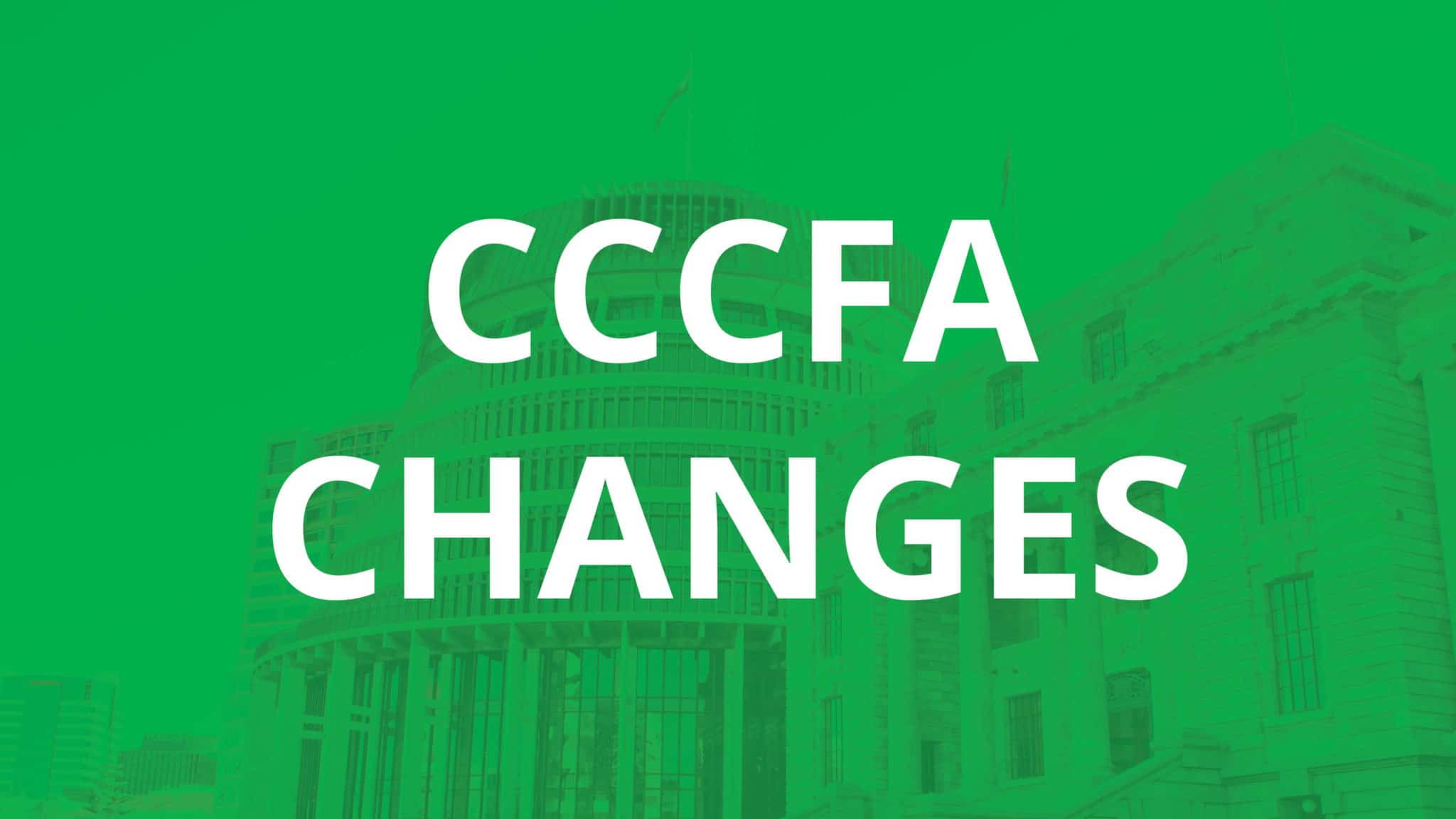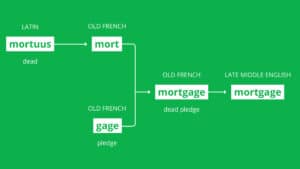These last few weeks have been quite a whirlwind for mortgage brokers and the wider finance industry, with some important changes being rolled out. These changes impact all lending approvals even if you have an existing pre-approval, or want to modify your approval.
The RBNZ and the FMA have been pushing out changes to the CCCFA (Credit Contracts and Consumer Finance Act 2003) that banks have to respond to, so the banks are responding with their own lending policy changes.
Read more here https://www.legislation.govt.nz/act/public/2003/0052/latest/DLM211518.html
Your next step will be to talk to your adviser, but before you have a conversation around your approval, it’s really important you’re up to speed with what’s happening in the industry and what this could mean for your lending.
If you’re already up to speed on the changes, then still have a quick glance at the final “So what does this mean for you?” paragraph below for a summary of the possible discussion points you and your adviser will need to cover before you continue.
CCCFA Changes
In spirit, the CCCFA changes are designed to create a safer, more attentive evidence-based lending industry that narrows any use of assumption and generality when determining borrowers’ affordability of new lending.
In practice, the previous application and lending requirements are now being overhauled to ensure certainty and verification of vital information. The new regulations will set a baseline, one-size-fits-all approach that lenders must adhere to when considering the suitability and affordability of any new lending, meaning tightening of criteria and a higher degree of certainty by Lenders before approving lending.
These changes are aimed primarily at lending institutions. The new changes will mean more work for Lenders- namely the requirement to verify all of the information that is disclosed to them by you (and us), ensure they have factored in any changes that could impact the lending they are providing and ensure you understand the obligation of taking on new lending. This means:
- Supporting documents will become essential from the onset, the odd document that may have previously been able to be provided at a later stage for the sake of timing and convenience will now only slow down the application process if not delivered upfront.
- Verification of affordability is subject to much greater assessment, requiring Lenders to examine all available bank statements, credit card bills and even the bills themselves as evidence. The cost of this added certainty for the Lenders is unfortunately something that most borrowers are often already strapped for – time.
- Written evidence of understanding and acceptance from borrowers will be required at significant moments in the process, in particular around the time of accepting and proceeding with a Lender’s unconditional offer.
However, in order for Lenders to meet these requirements, we have seen increased expectations and responsibilities being passed down onto borrowers during the application process. The onus has been placed on you (and us)- the Borrower- to disclose your current financial position in as much detail as possible. Lenders will expect a much more accurate breakdown of your position, such as:
- Comprehensive detailing of expenditure, meaning outlining everything in greater detail. Categorical expenses are expected to encompass and identify expenditure in much wider scope. For example; your vehicle expenses will be broken down further to highlight fuel, warrant of fitness, vehicle registration, and maintenance expenses. Any ongoing or regular grey-area expense/liabilities, such as buy-now-pay-later schemes (Afterpay, Zip, Laybuy etc) will need to be disclosed and averaged out as well.
- Indicate any future changes – Although this requirement isn’t anything new to the consumer finance industry, the bar by which banks will assess the impact of the changes has definitely been raised. This means it’s becomes essential to documents any expected changes to your position as far as parental leave, near-future purchases (house, car,) etc.
- Exit strategy for clients who are 50+ years old applying for new lending must be documented in every application- rather than discretionary when it becomes relevant to the application.
Lending Policy Changes
Lenders have been making changes such as: the introduction of new assessment criteria, changes to their appetite for new lending, changing mortgage interest rates, turning down low deposit applications, etc. This is dynamic and we work with a large variety of lenders so are seeing frequent changes.
So what does this mean for you?
These changes mean that your approval may need to be reassessed under the respective Lender’s new lending policy, which is now much tighter than before. Your final lending could be impacted by higher test rates, DTI limits or lender’s increased aversion to low-deposit lending.
- Please check your expiry dates, under the new credit policy the same level of lending may not be available, especially in the high-LVR space.
- We’ve seen delays and extra response time from banks plus seeing a lot more conditions/workshopping than has been required in the recent past. Please give yourself extra time for deals to get approved.
- On going and consistent rate changes/increase.
- Banks asking for more information on income and expenses to ensure the lending amount is appropriate.
As your mortgage advisers, we are doing all we can to navigate these new requirements to provide you with the smoothest journey through the lending process
You can read these links to find more information:













